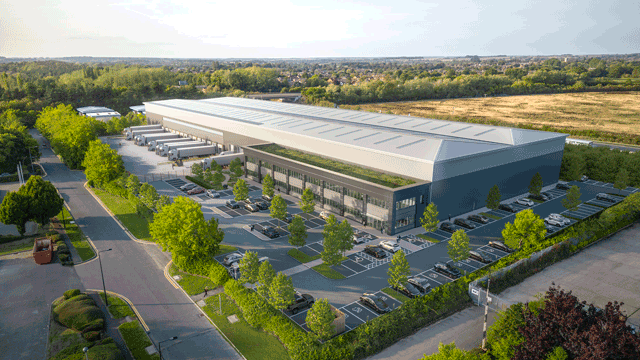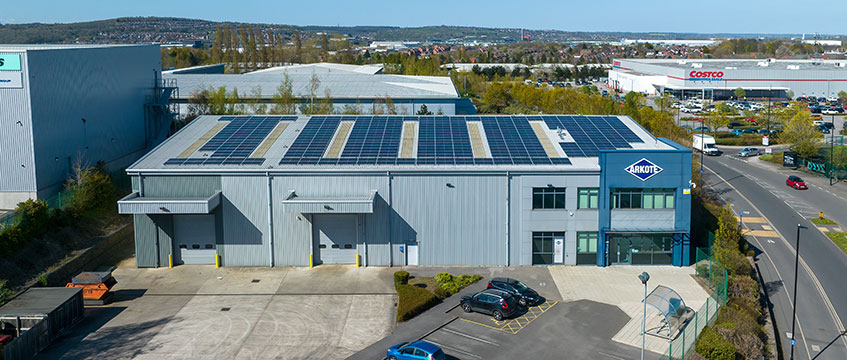More than half of planned life science developments in the Golden Triangle are yet to secure planning due to delays in the system.
A report from London Property Alliance, titled London’s Knowledge Clusters: From Emerging to Maturing, states 56% of schemes are suffering delays.
The current development pipeline for lab space across London stands at 2.7m sq ft. However, an additional 2.6m sq ft of laboratory space is still awaiting a planning decision, the LPA said, “creating a bottleneck for growth and uncertainty amongst both occupiers and developers”.
The report calls for “a vision and strategy for how it will develop into a globally renowned life sciences supercluster”.
It added that this requires “a city-led strategic approach and a strategic and holistic outlook to planning policy and decisions”.
The LPA argues that London has the potential to be the leading global hub for life sciences, strengthening the London-Cambridge-Oxford Golden Triangle of innovation. But it says the capital requires national support and greater local planning to help drive growth.
LPA chief executive Charles Begley said: “We cannot take this success for granted, and without action London risks losings its momentum to the likes of New York and Copenhagen, which have put in place ambitious frameworks for growth.
“We urgently need to see similar packages of support in London, with clarity for planning decisions and greater investment in the sector to help unlock capital and attract talent.”
An overwhelming majority – 85% – of London’s life sciences sector is comprised of start-ups and SMEs. However, the capital currently doesn’t have the volume of incubator spaces to accommodate these types of companies. Without action, the report warned, London risks weakening its talent pipeline, as high-quality companies might seek to relocate to a hub with a more supportive environment.
It added that the future growth of London’s life sciences market is heavily reliant on the city’s institutions incubating and growing the future life sciences start-ups and scale-ups that will require space in the coming years. This model requires the UK to have an improved spinout model and greater ability to raise late-stage growth funds by unlocking institutional investment.
The report added that there was also a chronic shortage of talent, with 31,000 jobs needing to be filled by 2025. Unless this is adressed, it said, London will cease being attractive to global investors and businesses.
To send feedback, e-mail piers.wehner@eg.co.uk or tweet @PiersWehner or @EGPropertyNews











